What is Social Justice Somatics?
In the midst of uprisings for racial justice, political backlash, anti-trans and queer legislation, the global rise of fascism, and climate change, it is vital to understand the connections between personal and systemic transformation. How do we heal from multiple traumas and cultivate compassion and collective power? How do we align our actions with our visions and values? How do we build relationships of equity and interdependence when we are deeply shaped by injustice and separation?
Somatics is a holistic way to transform. It engages our thinking, feeling, sensing, and actions. Transformation, from a somatic view, means that the way we are, relate, and act become aligned with our visions and values—even under pressure. More than understanding and insight, it supports us in embodying new ways of being, aligned with a broader vision. Somatics is very effective in both healing trauma and embodying new skills for leadership, organizing, and social change.
Embodied transformation understands that safety, belonging, and dignity are core needs for all people. Yet, our society and economy don't meet these needs equitably. Often our lived experiences include violence, neglect, non-belonging and oppression. Often our lived experiences can leave us embodying and replicating harmful social norms, even when we don’t actually agree with them. "Power-over" systems and the violence used to enact them are the root cause of most trauma, both individual and collective.
Somatics can help heal the impacts of violence and numbing, as well as deepen our capacities for empathy and bold collective action. Embodied healing from trauma and oppression frees up our creativity, helps us hold complexity, and supports us in building relationships that can navigate disagreement, joy, learning, and change.
Personal and systemic transformation are interdependent yet distinct processes. Each, at its best, can empower the other. Embodied transformation and collective practice can powerfully serve movements for social and climate justice. Organizing, building alternatives, working to create a just and sustainable economy, electoral organizing, and transformative justice can be deeply healing.
Systemic change is primary prevention. If we lived in societies and economies based on “power-with,” equity alongside an interdependence with the living systems of the earth, there would be radically less violence and trauma and radically more joy, connection, and ease. We would be in very different collective practices that reveal our interdependence with each other and all life – practices that center relatedness, shared power, and cultivate our capacity to change.
My commitment inside of this work:
Those of us called to do the work of systemic change can access a politicized trauma healing and embodied transformation, and bring those changes into our visions, strategies, leadership, and lives.
Those of us called to the work of healing and embodied transformation also engage in the collective project of social and climate justice. We hold this as collective trauma prevention and building collective resilience.
The methodologies of Somatics deeply integrate an intersectional social analysis, acknowledging that we are shaped by our social conditions, over generations.
Healing and embodied practice are held as deeply connected to systemic change, and systemic change uplifts the power of healing and practice.
Our movements for social justice are places that welcome and encourage people. We support personal and systemic transformation. We learn together. They are places that are emotionally, relationally and strategically wise.
This methodology is part of the Living Lineage of Strozzi Institute and generative somatics, and continues to grow and evolve.
The Church says: The body is a sin.
Science says: The body is a machine.
Advertising says: The body is a business.
The body says: I am a fiesta.
—EDUARDO GALEANO, from “Window on the Body”

